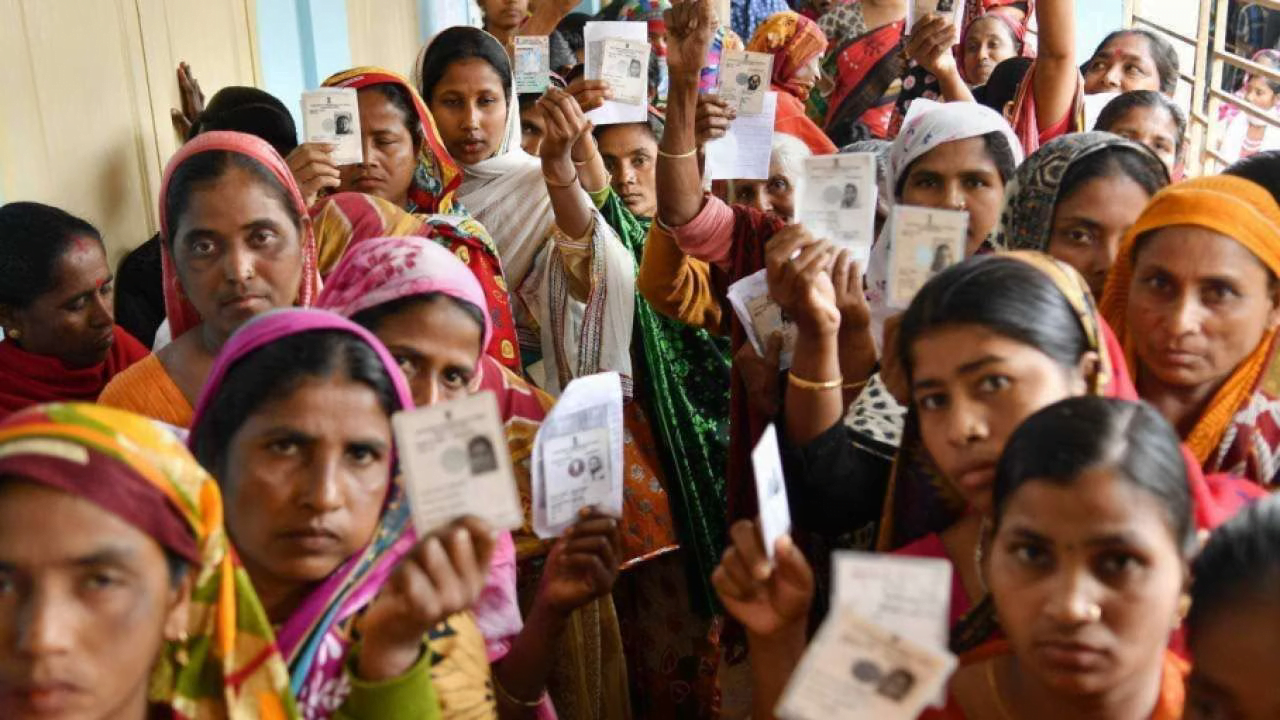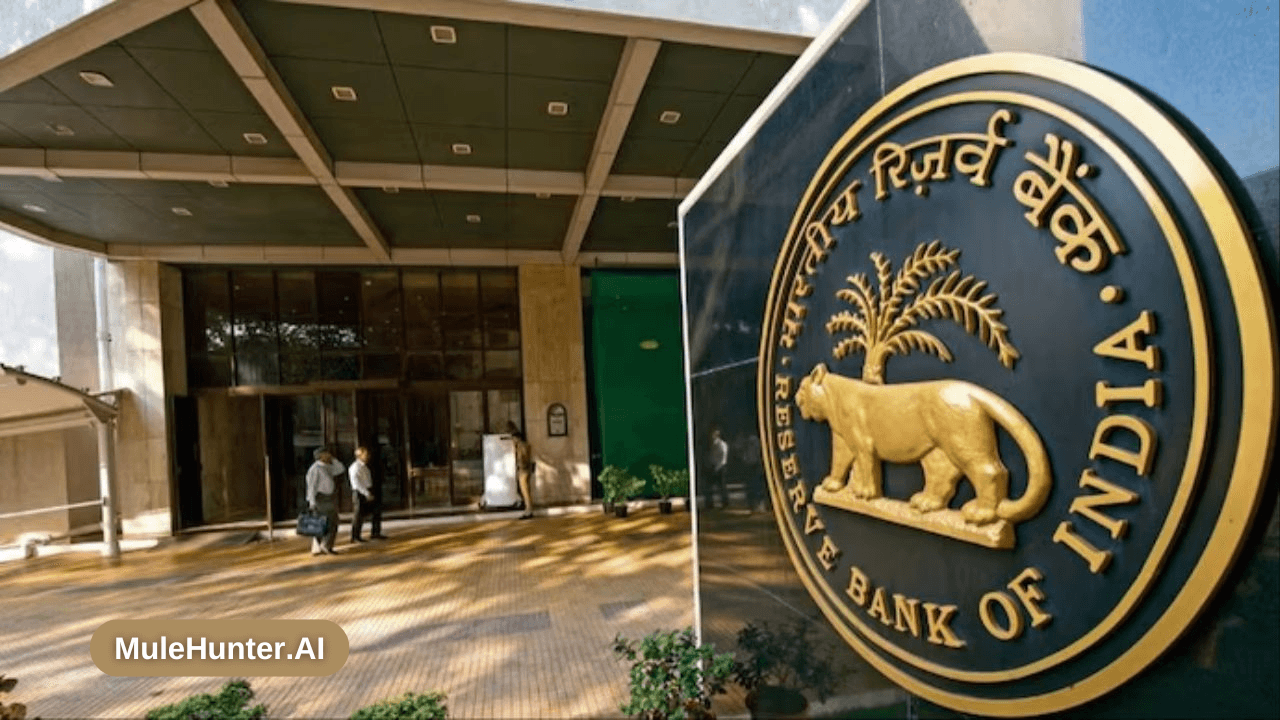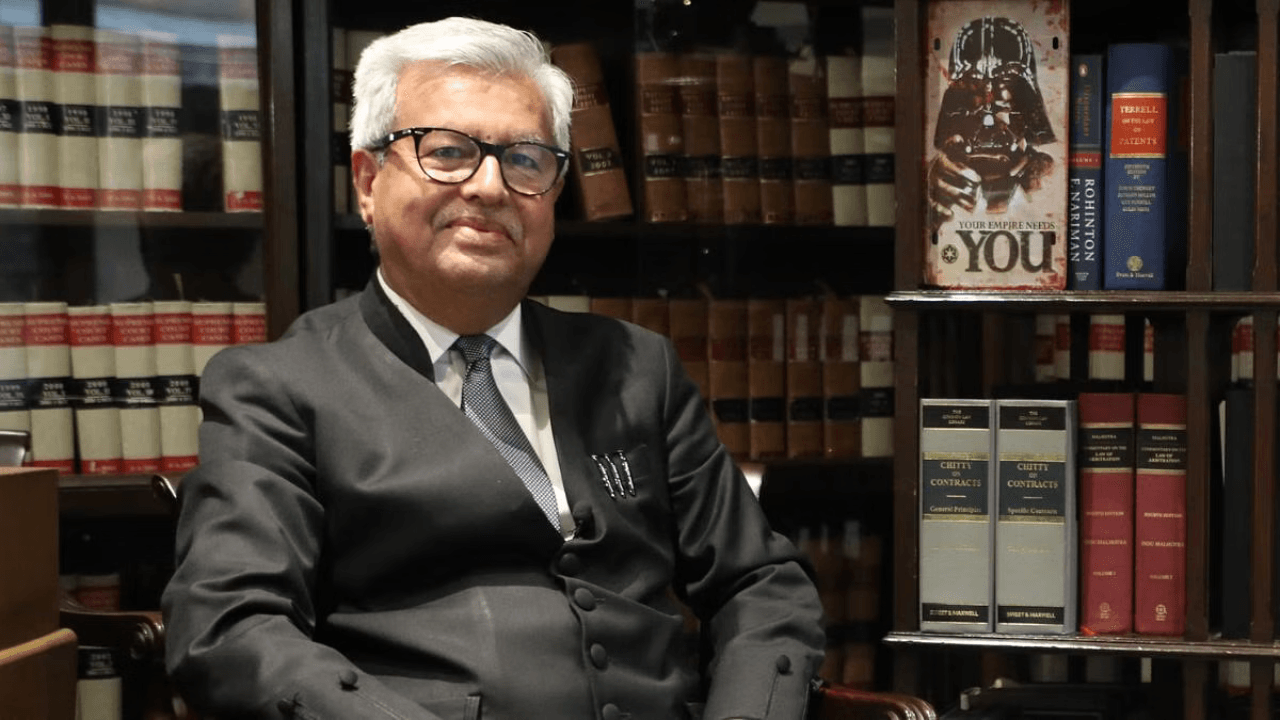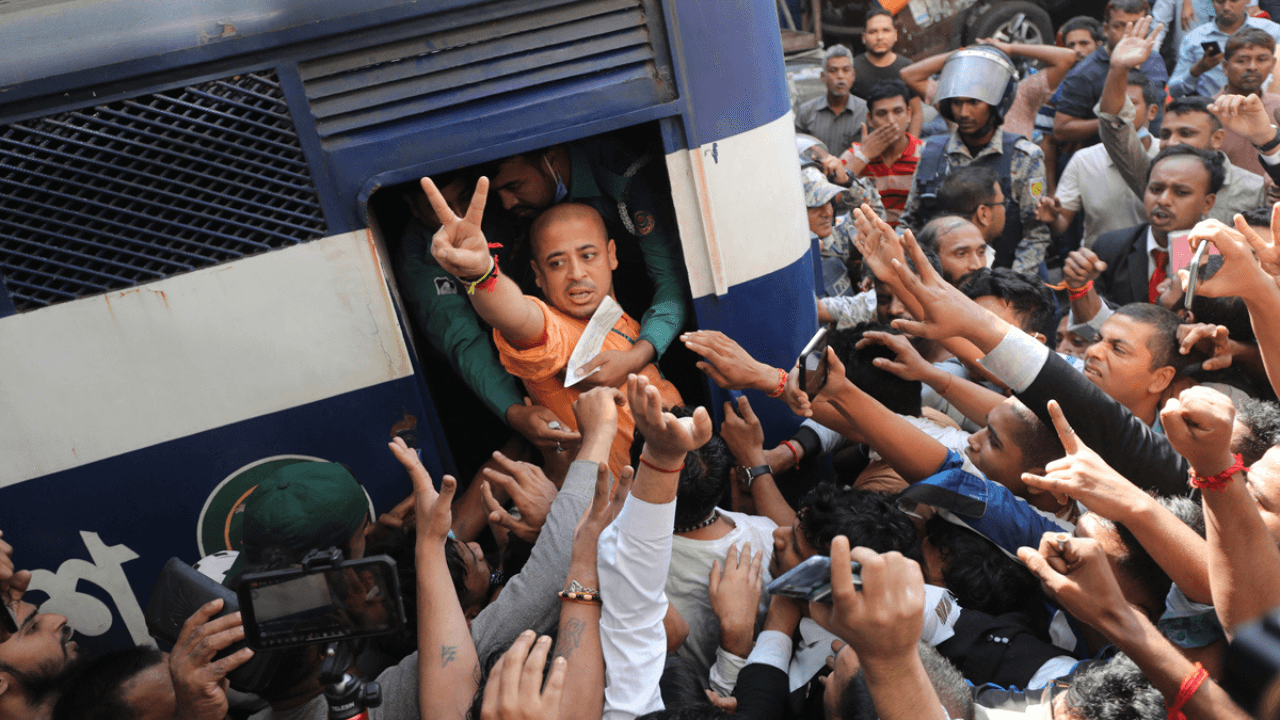India’s democratic juggernaut rolls on as the nation gears up for Phase 1 of the elections, marking the beginning of a crucial electoral process that will decide the fate of many prominent candidates. Among the high-profile contenders whose fortunes will be sealed on Friday are Union Ministers Nitin Gadkari, Bhupender Yadav, and Sanjeev Balyan, along with Uttar Pradesh leader Jitin Prasada. The stakes are high for these candidates as they face off against formidable opponents in a bid to secure victory.
Notable figures from the Dravida Munnetra Kazhagam (DMK) and Congress are also in the fray, including A. Raja, Dayanidhi Maran, K. Kanimozhi from DMK, and Gaurav Gogoi from Congress. Their campaigns have been intense, focusing on key issues that resonate with voters.
A total of 16.63 crore voters, including 8.4 crore male, 8.23 crore female, and 11,371 third-gender electors, are expected to exercise their franchise on Friday. The sheer magnitude of voter turnout underscores the significance of these elections in shaping India’s political landscape.
Special arrangements have been made to ensure that every eligible voter can participate in the electoral process. Over 35.67 lakh first-time voters are registered to cast their votes, while voters above 85 years of age and those with disabilities have been provided the option to vote from the comfort of their homes.
The Election Commission (EC) has left no stone unturned in its efforts to conduct free and fair elections. A total of 1.87 lakh polling stations have been set up, with adequate arrangements for polling and security personnel. Helicopters, special trains, and vehicles have been deployed to facilitate the smooth conduct of the elections.
Voting commenced at 7 a.m. The electoral process will conclude at 6 p.m., with variations in poll timings in some seats. Webcasting will be done in more than 50% of the polling stations, along with the deployment of micro-observers to ensure transparency and accountability in the electoral process.
As the nation prepares to witness this “festival of democracy,” President Droupadi Murmu has called upon voters, especially first-time electors, to enthusiastically participate in the electoral process. The stage is set for a historic election that will shape the future of the world’s largest democracy.












